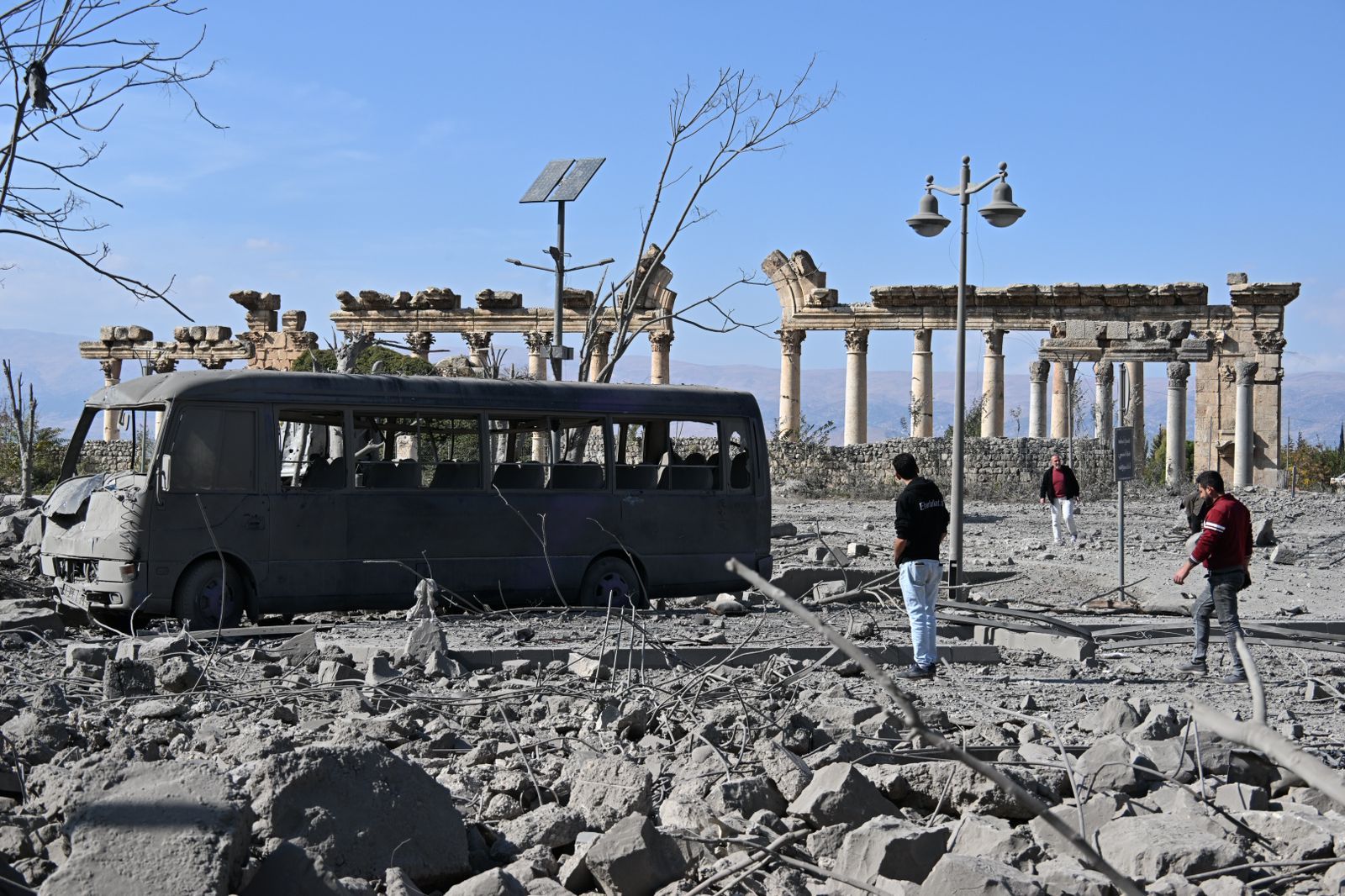
In a petition addressed to UNESCO, 300 cultural professionals, including archaeologists and academics, called on Sunday for the protection of Lebanon's heritage, particularly Baalbeck.
Since September 23, Israel has been engaged in open warfare against Hezbollah, with strikes targeting the cities of Baalbeck (east) and Tyre (south), both of which are home to ancient UNESCO World Heritage sites. On November 6, a strike in Baalbeck hit an area near the Roman ruins, with the governor of Baalbek & Hermel reporting that the missile struck a parking lot near the ancient temples.
At Lebanon's request, an “extraordinary session” of the Committee for the Protection of Cultural Property in the Event of Armed Conflict will be held on Monday at UNESCO's Paris headquarters.
The petition, signed by 300 cultural professionals, was made public on Sunday and sent to Audrey Azoulay, Director of UNESCO, urging her to “implement all means” and “reinforce measures up to and including sanctions” to “protect these irreplaceable treasures.”
The signatories expressed unified concern for preserving Lebanon's cultural and archaeological heritage, particularly Baalbeck.
The petition states that Lebanon's cultural heritage is seriously threatened by recurrent attacks on ancient cities such as Baalbeck, Tyre, and Anjar—all UNESCO World Heritage sites. It calls on “states with the necessary influence over the warring parties” to use “all their diplomatic and military might” to immediately halt any military actions threatening the destruction or deterioration of these sites.
Change Lebanon, the NGO behind the initiative, says it has mobilized museum curators, academics, archaeologists, and writers from France, Italy, the UK, and the USA.
UNESCO’s website recalls that Baalbeck, with its colossal structures built over more than two centuries, “remains one of the most imposing vestiges of imperial Roman architecture at its apogee.” Every year, the site hosts the prestigious Baalbeck Festival, founded in 1956, which has seen performances by artists like Oum Kalthoum, Charles Aznavour, and Ella Fitzgerald.
with AFP



Comments